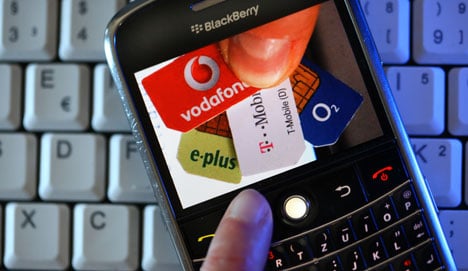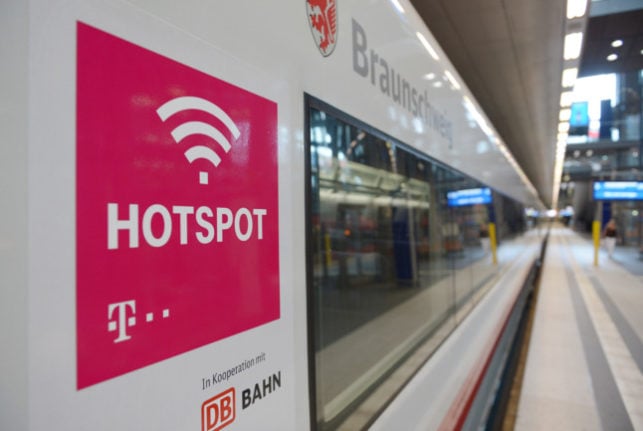The auction, which began April 12 in the western city of Mainz, wrapped up after 224 rounds of bidding and with the coveted licences going to four sector giants, a Federal Network Agency spokesman said.
Deutsche Telekom, Vodafone and O2 claimed the top licences while E-Plus clinched lesser-value contracts.
The grand total from the auction – €4.385 billion – marked a windfall for German state coffers but fell far short of the €50 billion generated from the sale of third generation UMTS licenses in 2000.
Unlike UMTS, fourth generation Long Term Evolution (LTE) networks are expected to be up and running soon and experts are confident that the new technology will not disappoint.
The innovation is expected to provide Internet service at up to 100 times the speed of standard DSL lines.
“With LTE, mobile telephone networks will become viable alternatives to DSL or cable connections,” said Herbert Merz of the telecom and high-tech industry group BITKOM.
A large part of what was up for grabs is the so-called “digital dividend,” a chunk of frequencies left unwanted by television companies following their switch from analogue to digital broadcasting.
The new technology will mean users will be able to view high-definition videos on mobile phones, with their ability to transfer data at much higher speeds.
It may also pose competition to broadband and cable operators, since computers will be able to use the fourth-generation networks to access the internet.
Industry experts say it is likely to spark a mass exodus away from telephone landlines and convince consumers to go fully mobile.
Following trials with test networks in Sweden and Norway and regions of Germany, the first proper 4G networks should be up and running by the end of the year.
It may also pose competition to broadband and cable operators, since computers will be able to use the fourth-generation networks to access the internet.
The providers will be required to hook up their “digital dividend” frequencies in rural areas that have not had access to high-speed internet connections because of the prohibitive costs of laying cable there.
The Economy Ministry welcomed the step as “a significant step toward nation-wide broadband coverage.”
Covering rural regions with high-speed internet “is a crucial condition for a quick return to economic growth and rising prosperity.”



 Please whitelist us to continue reading.
Please whitelist us to continue reading.
Member comments